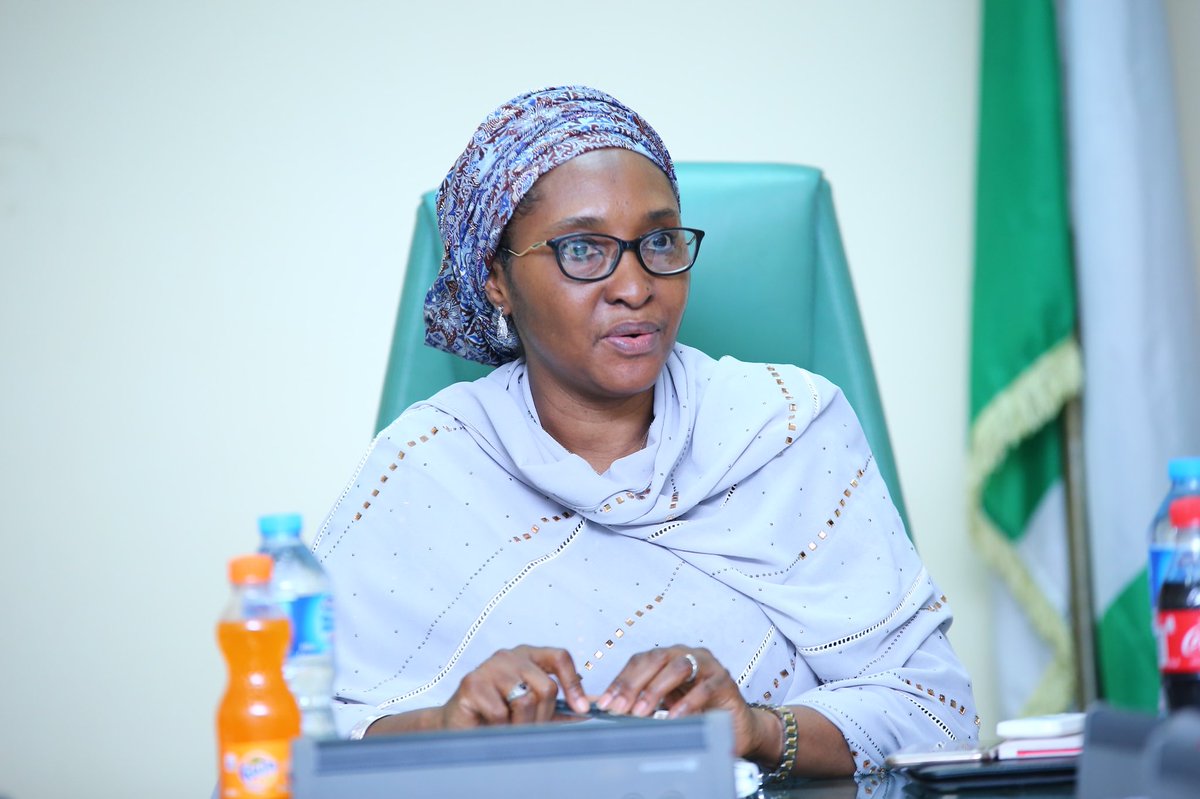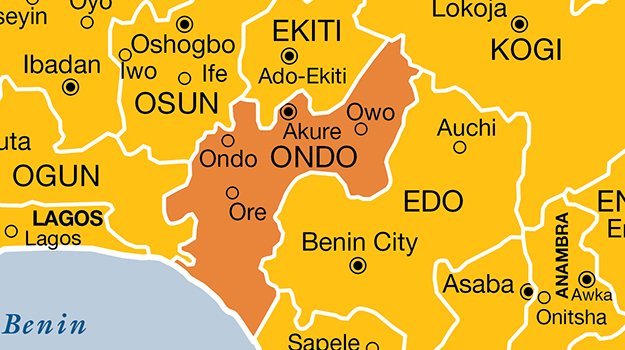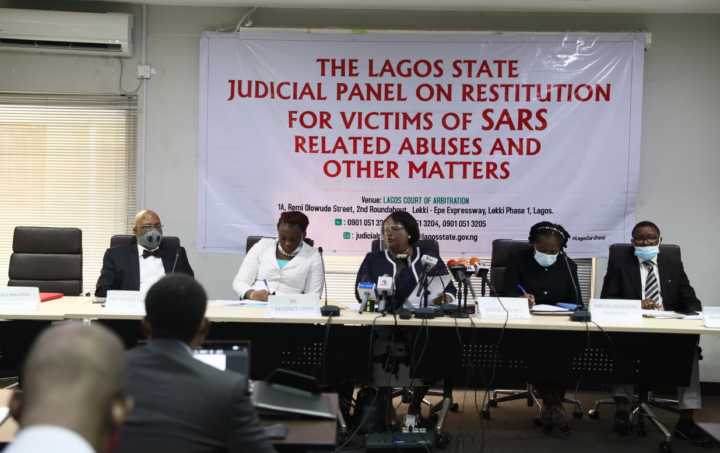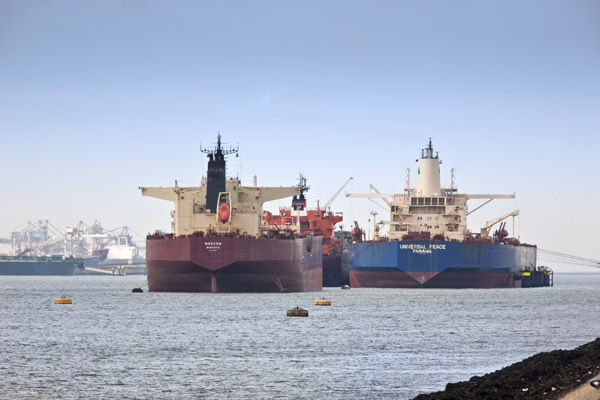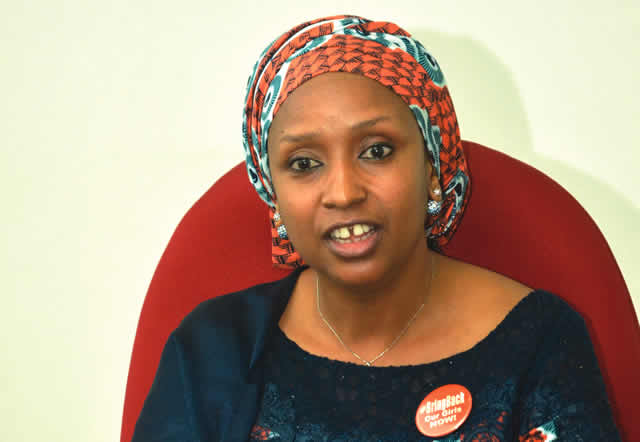The progress of the Qua Iboe Power Plant (QIPP), which is expected to generate 540 megawatts of electricity when completed, has been stalled because the federal government is unable to commit to key contractual obligations, TheCable understands.
The proposed gas-fired power plant in Ibeno, Akwa Ibom state, is estimated to cost about $1.1 billion, with a proposed 58-kilometre transmission line that will link the plant to the national grid.
However, QIPP cannot begin negotiations for funding because federal government has not been able to commit to the power purchase agreement (PPA) that will bind the country to a take-or-pay agreement.
QIPP needs the PPA and a put/call option agreement (PCOA) before it can secure a World Bank partial risk guarantee (PRG) to raise the funds from banks.
Advertisement
The World Bank withdrew its previous PRG to QIPP last year because of missed milestones.
Officials of the ministry of finance and QIPP have been negotiating a new PPA but insiders told TheCable that “things became complicated” with the current economic situation.
The PPA, if signed, will see the government commit to about $30 million monthly take-or-pay obligation when the power plant comes on stream in 2025.
Advertisement
TheCable understands Zainab Ahmed, the minister of finance, is reluctant to proceed because Nigeria has virtually over-leveraged its assets in its power sector commitments.
The QIPP will be the second private-driven project in the power sector to benefit from a World Bank PRG after Azura-Edo Power, which also obligates Nigeria to pay at least $30 million a month whether or not the country takes the power generated by the plant.
Also, under the gas purchase agreement (GSA) signed in May 2017, Nigeria is obliged to pay Accugas over $10 million monthly with or without gas supply to the Calabar GenCo as stipulated in the “take-or-pay” clause.
NLNG TRAIN AS GUARANTEE?
TheCable understands that Dahiru Moyi, special adviser to the minister of finance on energy, power, oil and gas, is pushing for the country to commit its equity in one of the future trains of the Nigeria Liquefied Natural Gas (NLNG) as guarantee for the QIPP PPA.
Advertisement
Nigeria holds a 49 percent equity in NLGN and Train 7 is expected to be completed in 2026.
At one of the several meetings to negotiate the PPA, Moyi reportedly told the meeting that the NLNG train was federal government’s position as guarantee.
But officials of the Nigerian National Petroleum Corporation (NNPC) are said to be opposed to the proposal which they consider not to be in the national interest.
The QIPP ran into a hitch last year when the International Bank for Reconstruction and Development (IBRD), the lending arm of the World Bank, withdrew its $150 million PRG offer.
Advertisement
In 2017, the federal government approved the PPA negotiated by the Nigerian Bulk Electricity Trading Plc (NBET) with the new investors of QIPP, led by the Black Rhino.
NBET is the body that buys power from the generating companies (GenCos) through PPAs and sells to the distribution companies (DisCos) through vesting contracts.
Advertisement
But NBET is reluctant to bear the financial risks associated with the operations of the plant.
HOW WORLD BANK WITHDREW PRG
Advertisement
In a letter, seen by TheCable, dated December 23, 2019 to Ahmed, minister of finance, the World Bank stated that it had withdrawn its guarantee offer to the QIPP project following the inability of the parties to sign the legal agreements for the proposed guarantee at a time when the project should have been completed.
The letter was signed by Saeeda Sabah Rashid, IBRD’s acting country director for Nigeria, Africa region.
Advertisement
He stated that the bank extended the signing of the legal agreements for two consecutive times for about four years without a positive response.
This is coming despite the intervention of Ibrahim Gambari, chief of staff to President Muhammadu Buhari, in making sure that there was “remedial action” and “indicative timeline” to close the deal.
“We refer to the above referenced Power Sector Guarantees Project (the Project), which was approved by the Board of Executive Directors (the Board) of the International Bank for Reconstruction and Development (the Bank) on May 5, 2014. Under the Bank Policy, the legal agreements for a Bank guarantee must be signed within 24 months of the Board approval, failing which the Bank normally withdraws the offer of the Bank guarantee,” Rashid wrote.
“In this case, however, the Bank, on an exceptional basis, had agreed to extend the deadline for signing the legal agreements for the proposed Bank guarantee for the Qua Iboe Independent Power Project (QIPP) on two consecutive occasions for a 12-month period each, with the second and final extension period expired on May 5, 2018.
“Since the guarantee-related legal agreements for the QIPP were not signed by May 5, 2018, and since they appear unlikely to be signed by December 31, 2019, the date when both the QIPP and the now completed Azura Edo Independent Power Project were expected to be completed, i.e., the Closing Date of the Power Sector Guarantees Project (P120207), the Bank is unable to offer a further extension of the deadline for signing these legal agreements.
“With this letter, we wish to inform you that under the Bank policy, the offer of the Guarantee (Guarantee No. G-2320) now needs to be withdrawn with such withdrawal being effective as of December 18, 2019.
“This letter is also a notice of the cancellation of the Bank funds earmarked to support QIPP corresponding to US$150 million in the form of Guarantee No. G-2320. The cancelled funds would be returned to the pool for Nigeria.”
THE IMPLICATIONS
The withdrawal of the funding by the World Bank means that the project cannot proceed until another lender or multiple lenders, who will provide the aggregated shortfall, is found.
This also means that at this stage, it is premature to proceed with the negotiations to execute the PPA and the PCOA because the project does not have the loan required.
The additional security in the form of an evergreen revolving bank guarantee, which is usually provided by the World Bank in the form of a PRG, was also cancelled.
TheCable, however, learnt that the widely-publicised signing ceremony of the project in 2018 was a mere “photo up” session as the transaction agreements had not passed through the full, required regulatory and compliance processes that are stipulated for projects of that nature.
The Nigerian Electricity Regulatory Commission (NERC), the industry regulator, the Bureau for Public Procurement (BPP), NBET board and the minister of justice have not provided the legal advice or approved the transaction agreements.
In addition, one of the challenges facing the QIPP project has been the limited capacity of the Transmission Company of Nigeria (TCN) to take the power generated by the GenCos, forcing the company to give priority to Azura while other plants are asked to reduce their production.
Meanwhile, the energy generated by QIPP is expected to be transmitted to the national grid through the Ikot-Abasi- Ikot Ekpene transmission line, which is still under construction by the Niger Delta Power Holding Company (NDPHC) and also facing huge financial and technical challenges over the right of way.
According to sources in the power ministry, it does not appear the evacuation line for the project will be completed in a few years. This has been the major concern of the NERC on how the electricity generated by QIPP will be evacuated.
But the Siemens AG power deal is expected to come to the rescue with 25,000MW generation capacity in 2025.

